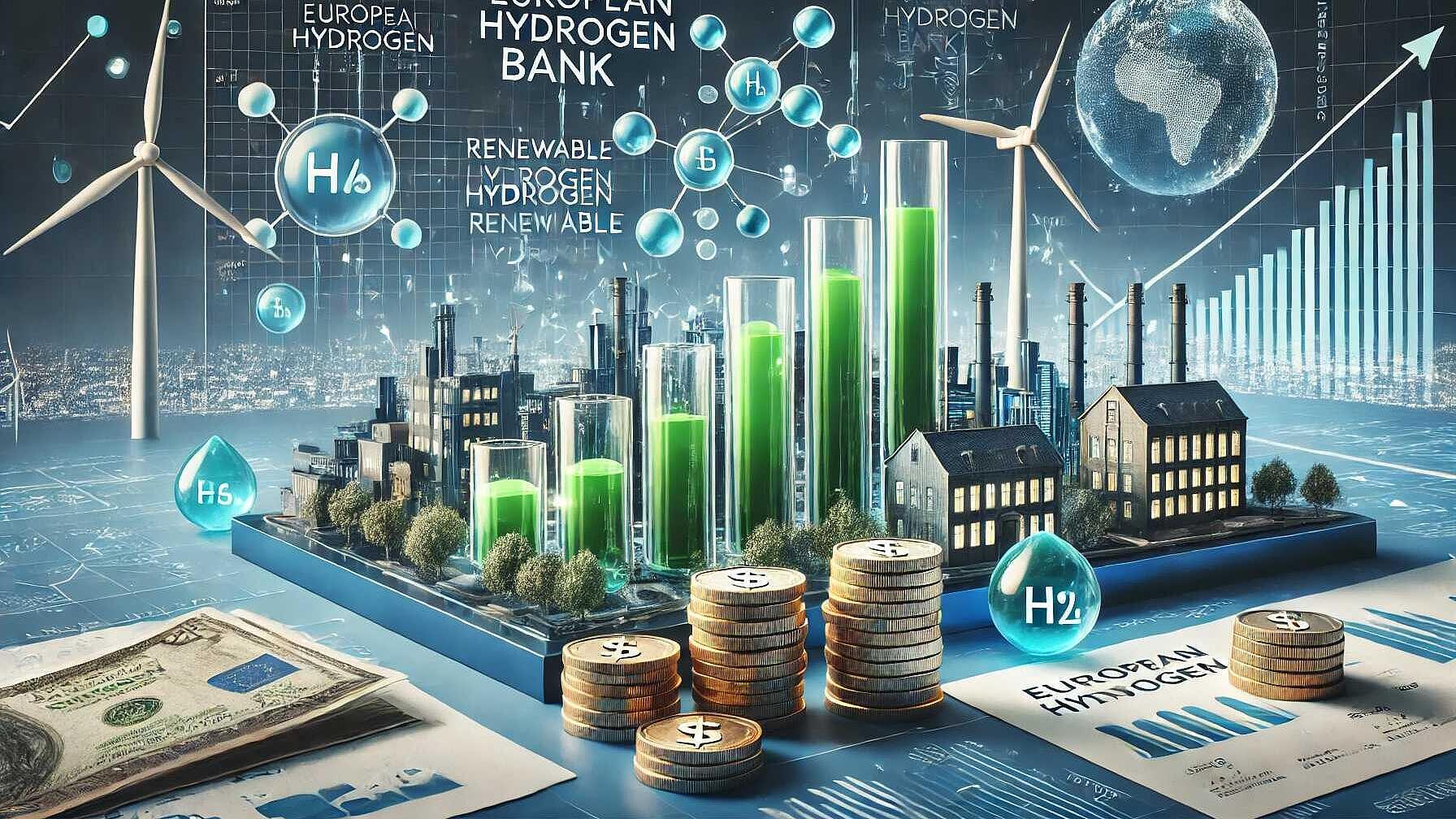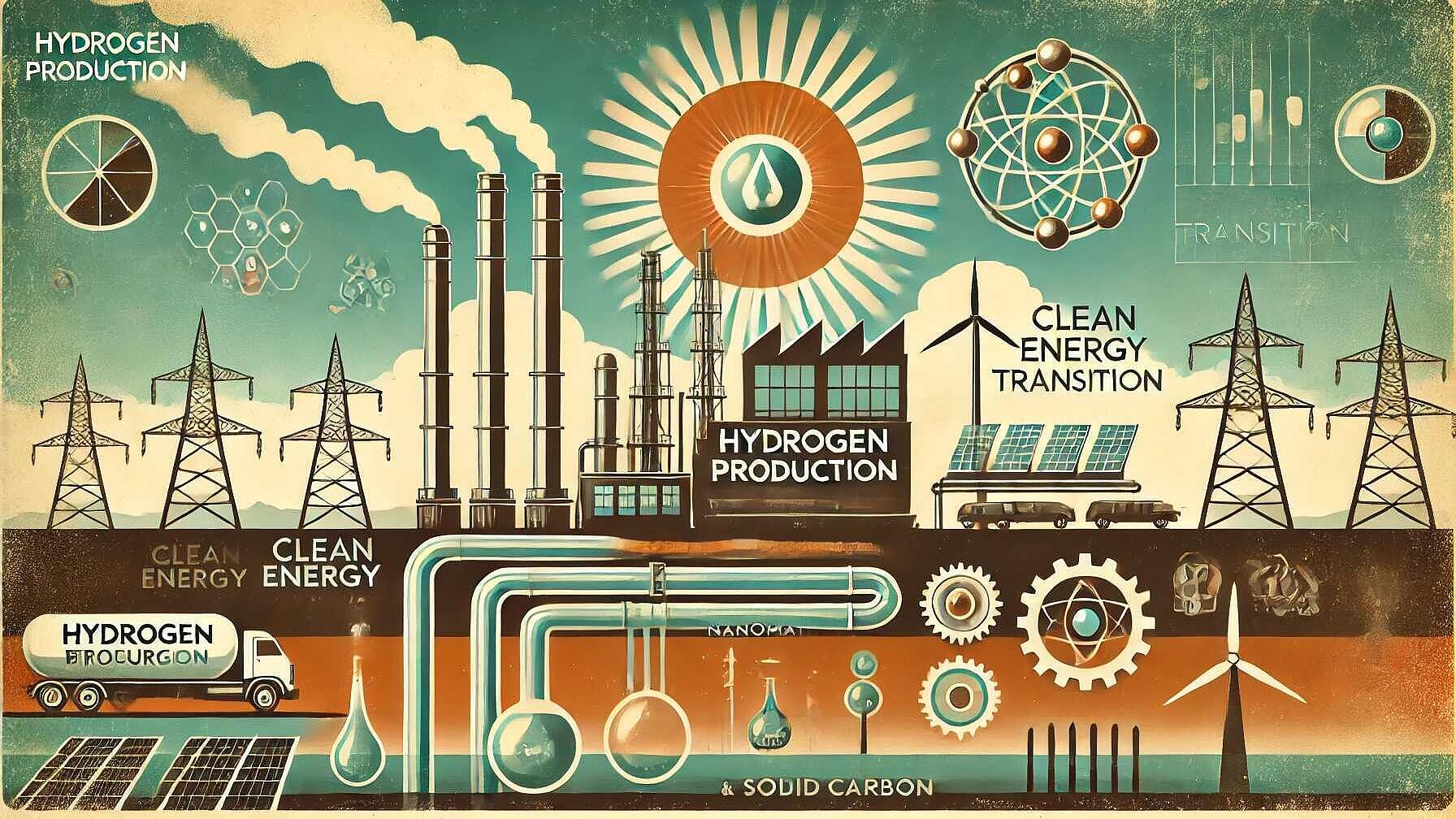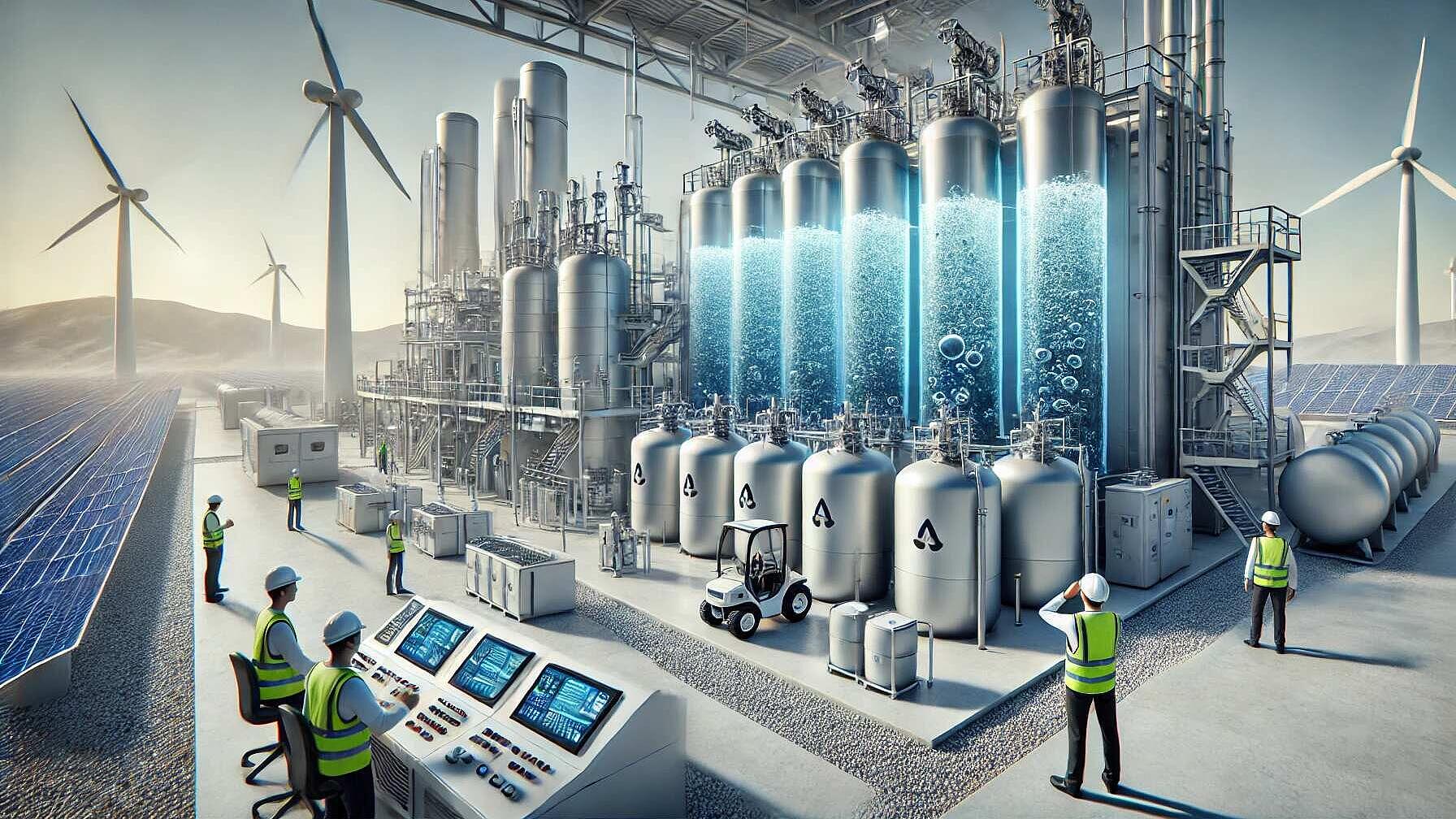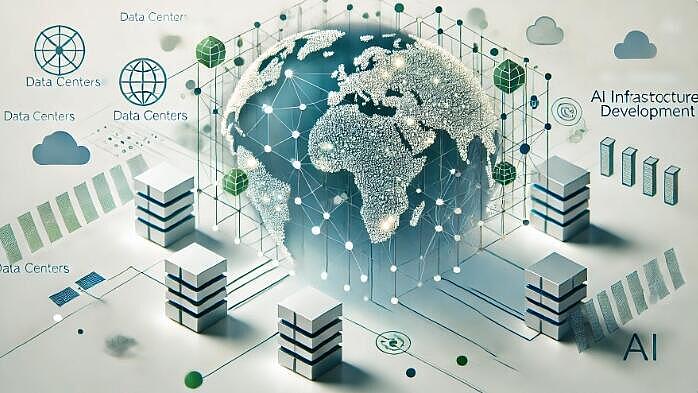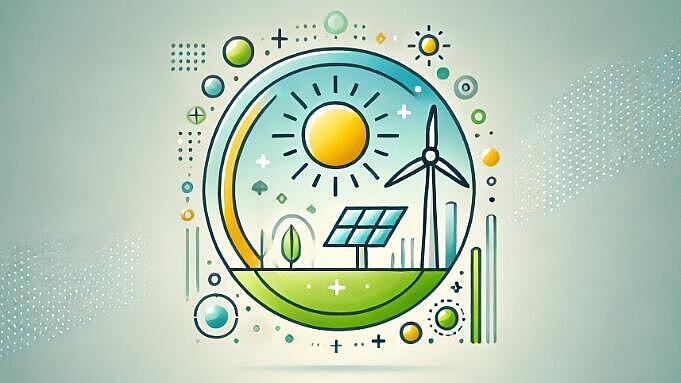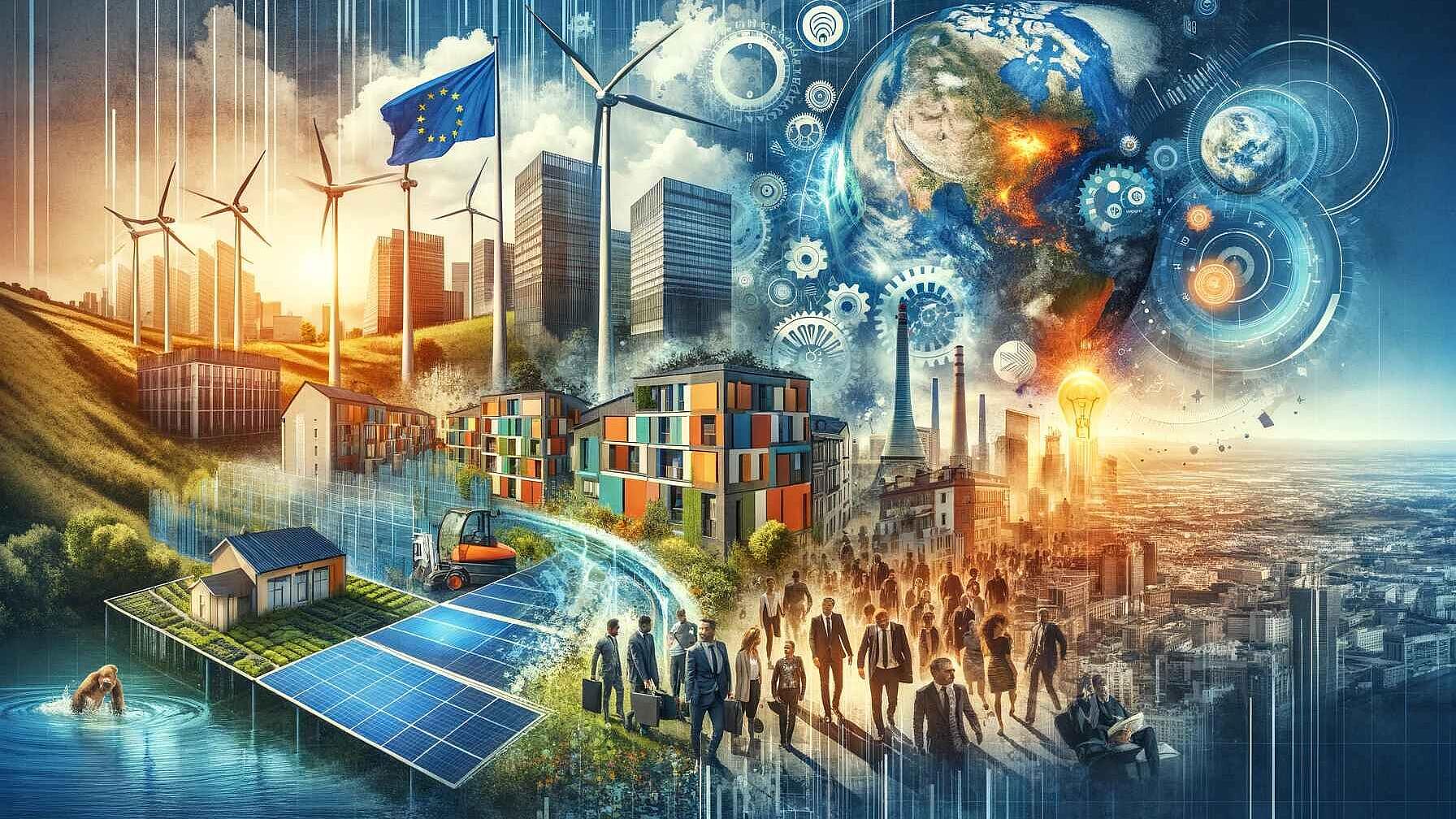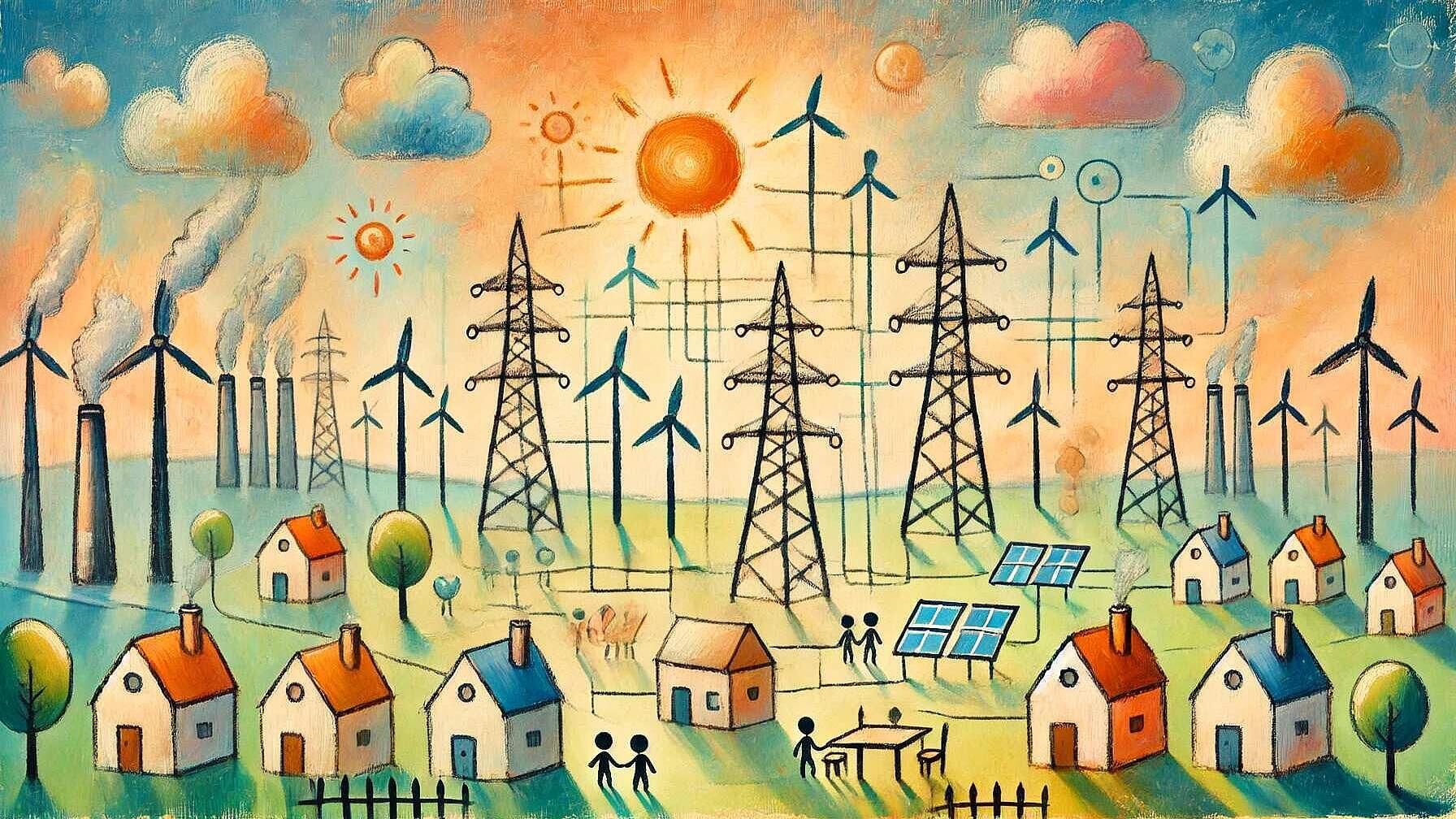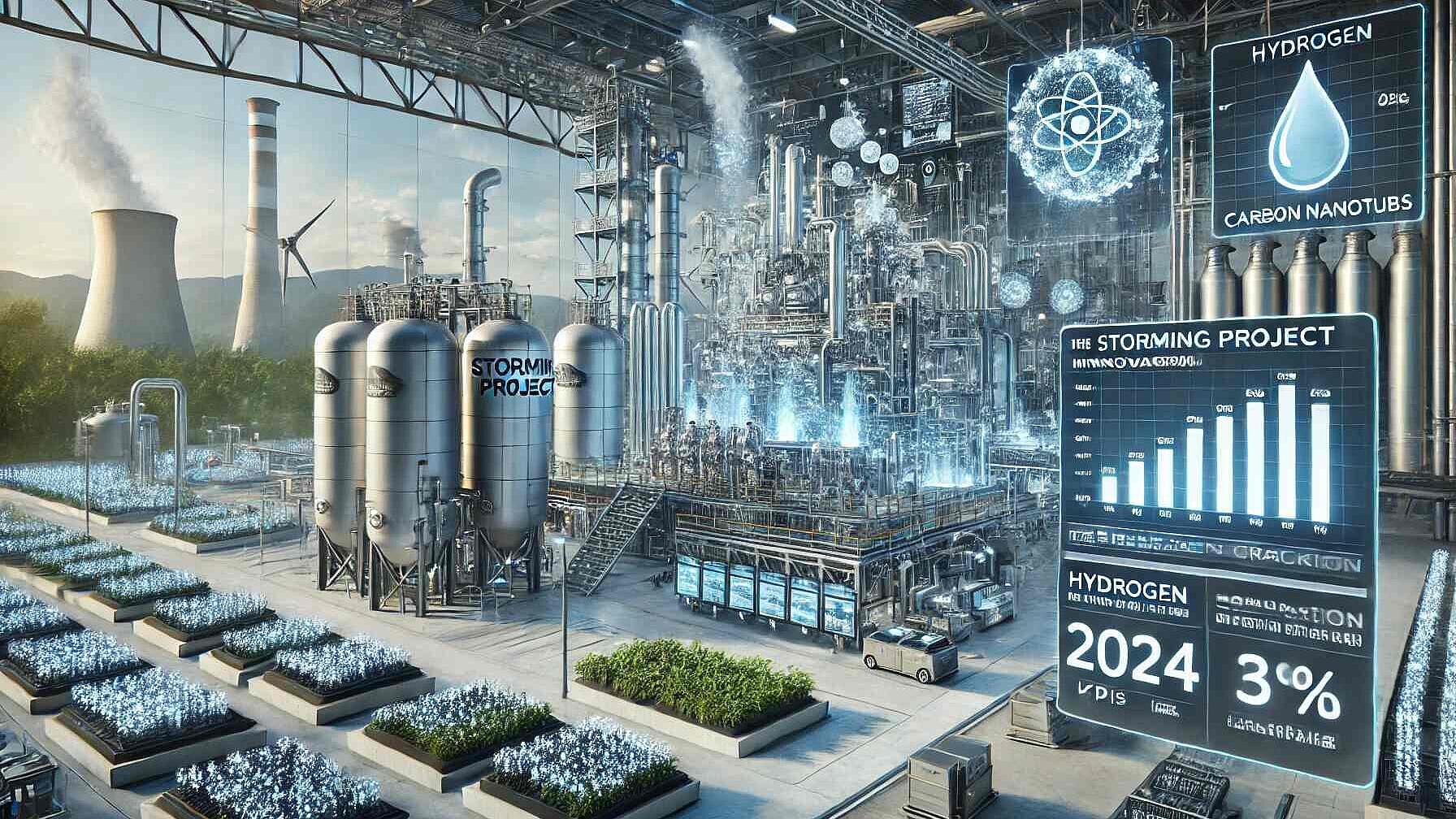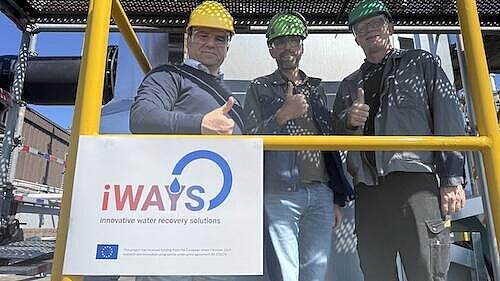 Artigos
ArtigosBoosting the Hydrogen Revolution: The Role of a European Hydrogen Bank
The European Union is actively working to incorporate renewable hydrogen into its energy strategy with the goal of meeting its 2030 climate targets and achieving climate neutrality by 2050. The EU's REPowerEU plan proposes the creation of a European Hydrogen Bank to drive the transition by supporting the production of renewable hydrogen through pilot auctions, subsidies, and international partnerships. The bank will facilitate the integration of hydrogen into the energy market, enhance transparency, and provide price benchmarks for efficient market development. Renewable hydrogen serves to decarbonize hard-to-electrify sectors such as heavy industry, transportation, and heating. The EU aims to produce and import a total of 20 million tonnes by 2030, with initiatives like the Net Zero Industry Act underpinning this commitment. The cost of renewable hydrogen production is higher than that of fossil fuels, and infrastructure development is ongoing. The European Hydrogen Bank will bolster domestic production and manage imports, including a potential “green premium” for imported hydrogen to incentivize international producers. To achieve these goals, the EU is focusing on international cooperation to benefit from shared expertise and investment. This integration effort aligns with other EU initiatives like the STORMING project, emphasizing the production of CO2-free hydrogen and advanced materials. The hydrogen transition promises job creation and enhanced energy security, positioning Europe as a leader in global hydrogen markets. The European Hydrogen Bank, along with technological and policy engagement, is pivotal for those interested in future energy systems.
Leer Artigo completoInnovative Pathways in Hydrogen Production: A Catalyst for Change in Clean Energy
Hydrogen production via catalytic methane decomposition (CMD) using Fe-based catalysts offers environmental benefits over traditional steam methane reforming by eliminating direct CO2 emissions. Fe-Al2O3 catalysts improve efficiency, offering pathways to repurpose carbon byproducts into valuable nanomaterials for energy storage and electronics, implying significant contributions to a circular economy and clean energy advancements.
Leer Artigo completoHydrogen's Role in the Future of Clean Energy: Innovations and Opportunities
Global hydrogen demand grew marginally, with most still from traditional sources. Shift to low-emissions hydrogen is crucial, underpinned by technology and investment growth. Challenges persist in financing, regulation, and infrastructure, but opportunities for innovation and development in various sectors remain, with significant implications for the future energy landscape.
Leer Artigo completoThe Strategic Landscape of AI Infrastructure Financing: Microsoft, BlackRock, and Global Initiatives
The Global AI Infrastructure Investment Partnership, with $30 billion from Microsoft, BlackRock, and others, aims to build AI data centers and related energy infrastructure, addressing the high energy demands of AI. Other initiatives like Google's AI Opportunity Fund and IndiaAI Mission support AI infrastructure development, focusing on sustainability and international cooperation to ensure global economic and technological advancement.
Leer Artigo completoTop 10 EU Initiatives for Digitalizing the Energy System: Transforming Europe’s Energy Landscape
The European Union is advancing the digitalization of its energy infrastructure through 10 key initiatives that address data interoperability, grid management, cybersecurity, energy efficiency, and consumer empowerment to support its 2030 and 2050 climate goals. These initiatives aim to create an integrated, sustainable energy system that incorporates renewable energy and encourages innovation, while grappling with standardization and fast-paced digital innovation challenges.
Leer Artigo completoEurope's Energy Transition: Leading the Charge, Overcoming the Hurdles
Europe has become a global renewable energy leader, surpassing REPowerEU targets and reducing Russian fossil fuel imports. Policy frameworks and investments have driven renewable energy growth, yet challenges like high energy costs and regulatory hurdles persist. International cooperation is essential for further advancement.
Leer Artigo completoMayors Leading the Charge: A Deep Dive into the Eurocities Survey
The Eurocities Pulse Mayors Survey 2024 indicates that European mayors prioritize climate action, seek EU support for sustainability, and face funding and housing challenges amidst global pressures. Innovation drives urban transformation, with collaborative governance being crucial for tackling complex, interconnected issues.
Leer Artigo completoTransforming Europe's Energy Grids for a Sustainable Future
The paper discusses Europe's transition to an interconnected, renewable-focused energy grid, emphasizing the need for smart grids, AI, flexibility markets, advanced data exchange, and interoperability. These elements are crucial for balancing supply and demand, enhancing grid efficiency, and achieving sustainability and decarbonization goals, all while facing challenges in technology, investment, and stakeholder collaboration.
Leer Artigo completoIntegrating Innovation: The Role of STORMING Project in Aligning with the Hydrogen Pathways Report 2024
The STORMING project innovates in methane cracking for CO₂-free hydrogen and carbon nanotubes production, aligning with Hydrogen Europe's pathways for a sustainable energy transition and offering economic and environmental benefits. Challenges remain in scaling and integration into industries.
Leer Artigo completoInnovative system recovers heat, water and material from industrial waste streams
The innovative Heat Pipe Condensing Economiser (HPCE) has been successfully commissioned at Alufluor AB in Sweden, demonstrating that significant heat, water, and material recovery is possible using current materials and knowledge. This milestone marks a major advancement in energy savings in the chemical process industry, showcasing the potential for substantial gains beyond incremental improvements. The project involved considerable engineering and infrastructure investment, leading to an operational capacity of 650kW from exhaust recovery since August 1st, and is applicable across various industries, particularly in regulated sectors.
Leer Artigo completo